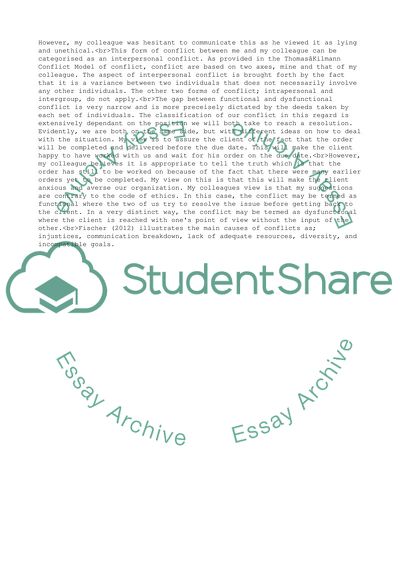Cite this document
(“Conflict and negotiation Essay Example | Topics and Well Written Essays - 1000 words”, n.d.)
Conflict and negotiation Essay Example | Topics and Well Written Essays - 1000 words. Retrieved from https://studentshare.org/management/1630199-conflict-and-negotiation
Conflict and negotiation Essay Example | Topics and Well Written Essays - 1000 words. Retrieved from https://studentshare.org/management/1630199-conflict-and-negotiation
(Conflict and Negotiation Essay Example | Topics and Well Written Essays - 1000 Words)
Conflict and Negotiation Essay Example | Topics and Well Written Essays - 1000 Words. https://studentshare.org/management/1630199-conflict-and-negotiation.
Conflict and Negotiation Essay Example | Topics and Well Written Essays - 1000 Words. https://studentshare.org/management/1630199-conflict-and-negotiation.
“Conflict and Negotiation Essay Example | Topics and Well Written Essays - 1000 Words”, n.d. https://studentshare.org/management/1630199-conflict-and-negotiation.


